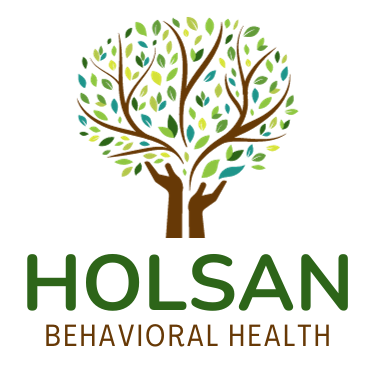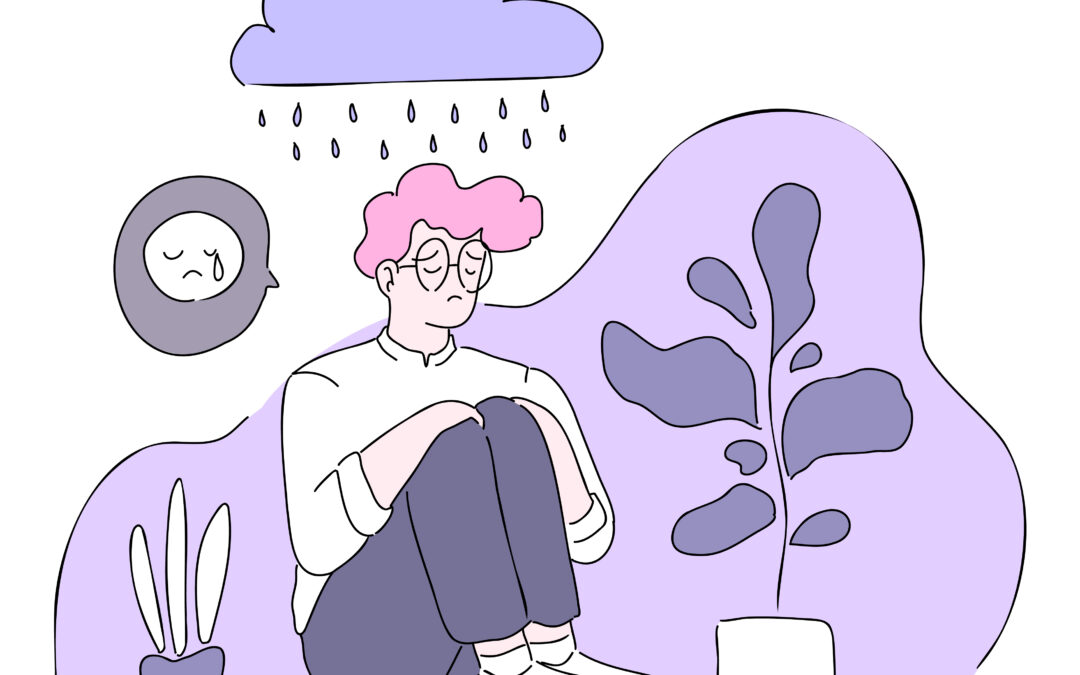High-functioning depression doesn’t mean you’re not struggling—it just means you’ve become good at hiding it
Not all depression looks like sadness or withdrawal. For many people, it hides in plain sight. You get up, go to work, meet deadlines, smile at others—and still feel emotionally disconnected or exhausted inside. This is often referred to as high-functioning depression, a form of depression that’s harder to detect because it doesn’t always interfere with daily responsibilities.
During Mental Health Awareness Month—and beyond—it’s important to recognize the quieter signs of emotional struggle. Identifying these early can lead to better outcomes and more compassionate support for yourself and others.
What Is High-Functioning Depression?
High-functioning depression isn’t a clinical diagnosis, but it refers to someone who experiences persistent symptoms of depression while continuing to manage daily tasks. It’s often linked to conditions like Persistent Depressive Disorder (PDD), also known as dysthymia.
People with high-functioning depression may appear “put together” on the outside, but internally they may be battling:
- Low self-worth
- Chronic fatigue
- Lack of motivation
- Emotional numbness
- Difficulty feeling joy
Because the symptoms are less visible, it often goes undiagnosed or is brushed off as “just being tired” or “going through a rough patch.”
5 Silent Signs of High-Functioning Depression
1. You Feel Emotionally Numb
You might not feel intense sadness, but you may also not feel joy or excitement. Life begins to feel flat, routine, or meaningless—even if things are “going well.”
2. You Use Productivity as a Distraction
People with high-functioning depression often stay busy to avoid their emotions. You may overwork, over-commit, or focus obsessively on tasks just to keep from being alone with your thoughts.
3. You Struggle with Sleep or Energy
Despite looking rested or productive, you may feel exhausted most of the time. Sleep doesn’t feel restorative, and getting out of bed takes effort—even on good days.
4. You Smile While You’re Struggling
Also called “smiling depression,” this happens when you present a cheerful face to the world while hiding your inner pain. You may even feel guilty for being depressed because “you have no reason to feel this way.”
5. You Downplay or Hide Your Feelings
You say “I’m fine” when you’re not. You avoid opening up because you don’t want to burden others—or because you fear being judged or misunderstood.
Why It’s Often Overlooked
High-functioning depression can be hard to spot—even by those experiencing it. You may feel like your pain isn’t valid because you’re still getting things done. But mental health isn’t just about surviving—it’s about thriving.
If you recognize yourself or someone you care about in these signs, it’s important to take them seriously. Emotional exhaustion, when left unaddressed, can lead to burnout, worsening symptoms, and increased risk of other mental health concerns.
What You Can Do
- Start by acknowledging how you feel. Your emotions are valid—even if they’re invisible to others.
- Talk to someone. A therapist can help you uncover the root of your struggles and create a plan for healing.
- Practice self-compassion. Let go of the pressure to “perform” emotionally and allow yourself to rest, reflect, and receive support.
At Holsan Behavioral Health, we understand that depression doesn’t always look like what people expect. Our experienced clinicians offer compassionate, personalized care for those living with high-functioning depression and other mental health challenges. Whether you’re feeling overwhelmed, numb, or simply “not yourself,” we’re here to help you rediscover a sense of peace and purpose.
References
- American Psychiatric Association. (2022). What Is Depression? https://www.psychiatry.org/patients-families/depression/what-is-depression
- National Alliance on Mental Illness (NAMI). (2023). Persistent Depressive Disorder. https://www.nami.org/About-Mental-Illness/Mental-Health-Conditions/Depression
- Psychology Today. (2022). High-Functioning Depression: What It Looks Like and How to Cope. https://www.psychologytoday.com

